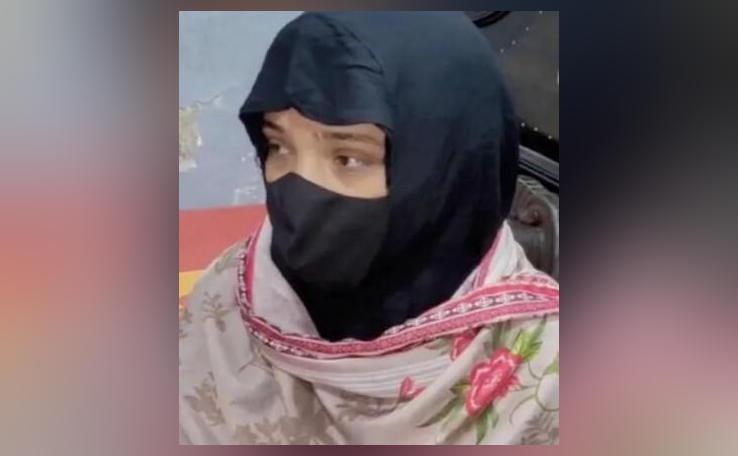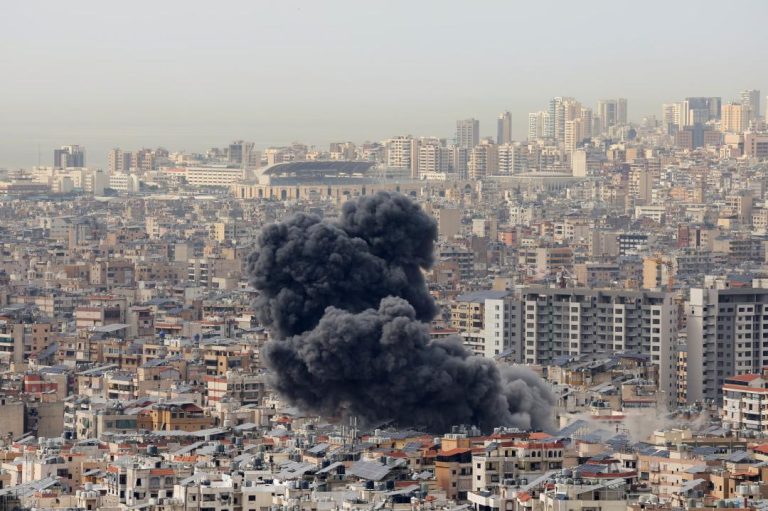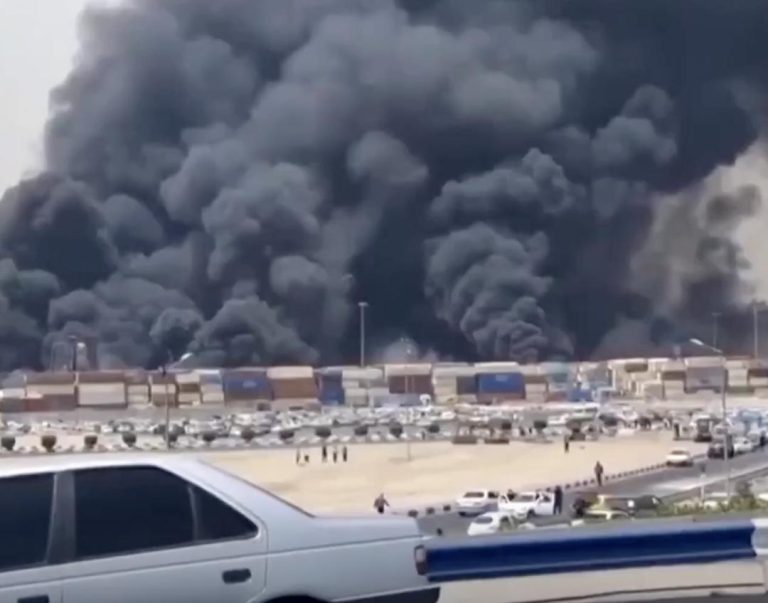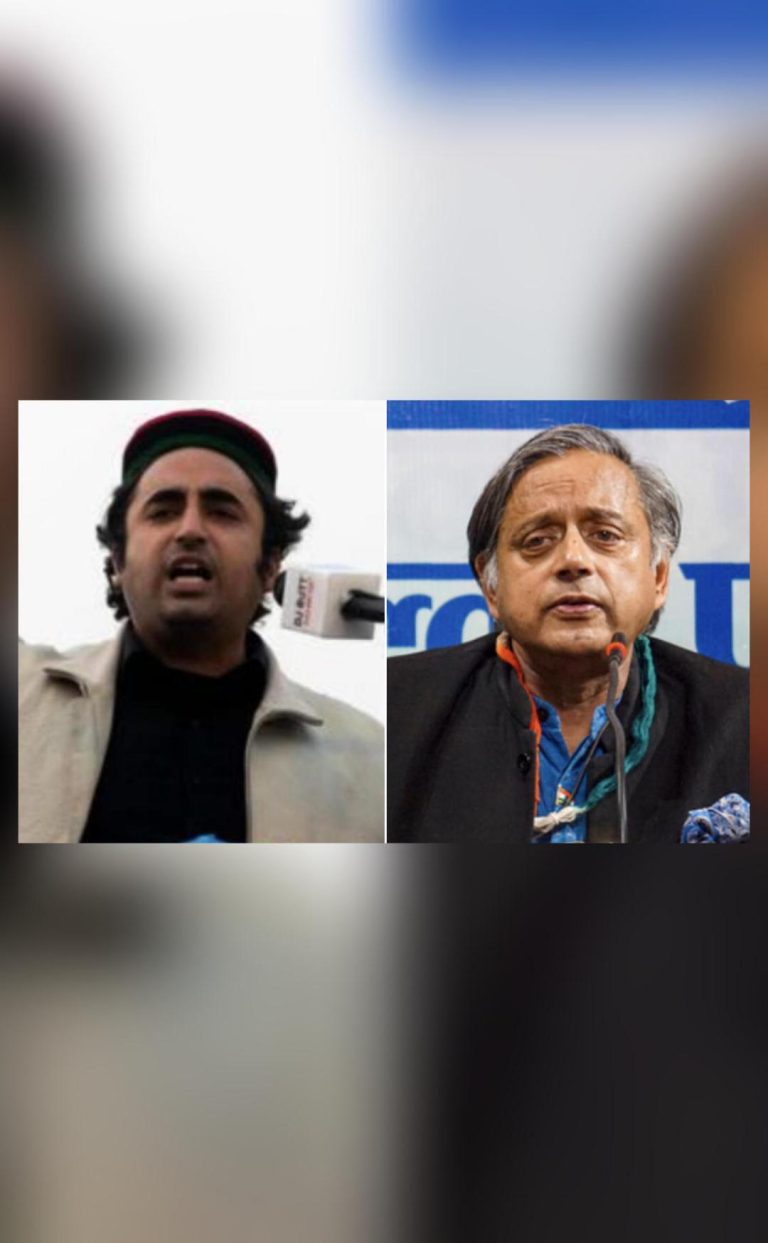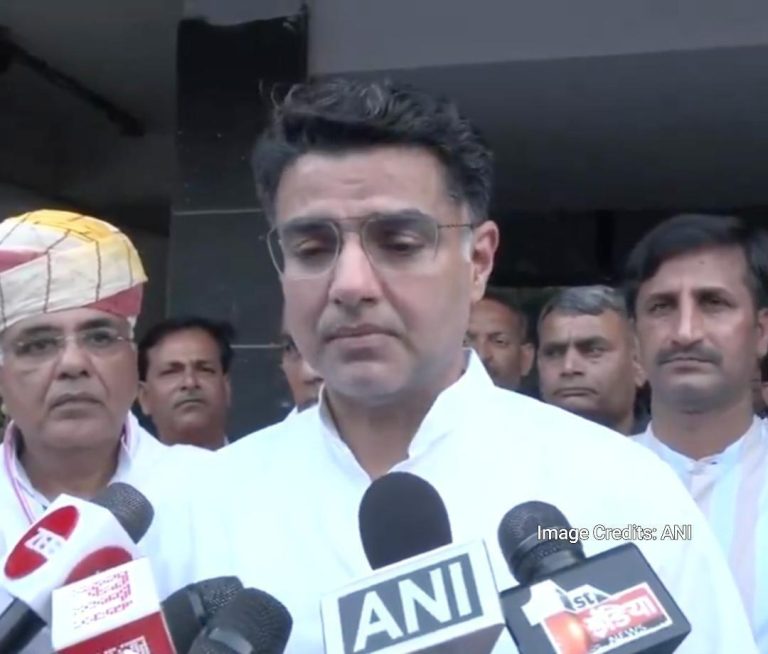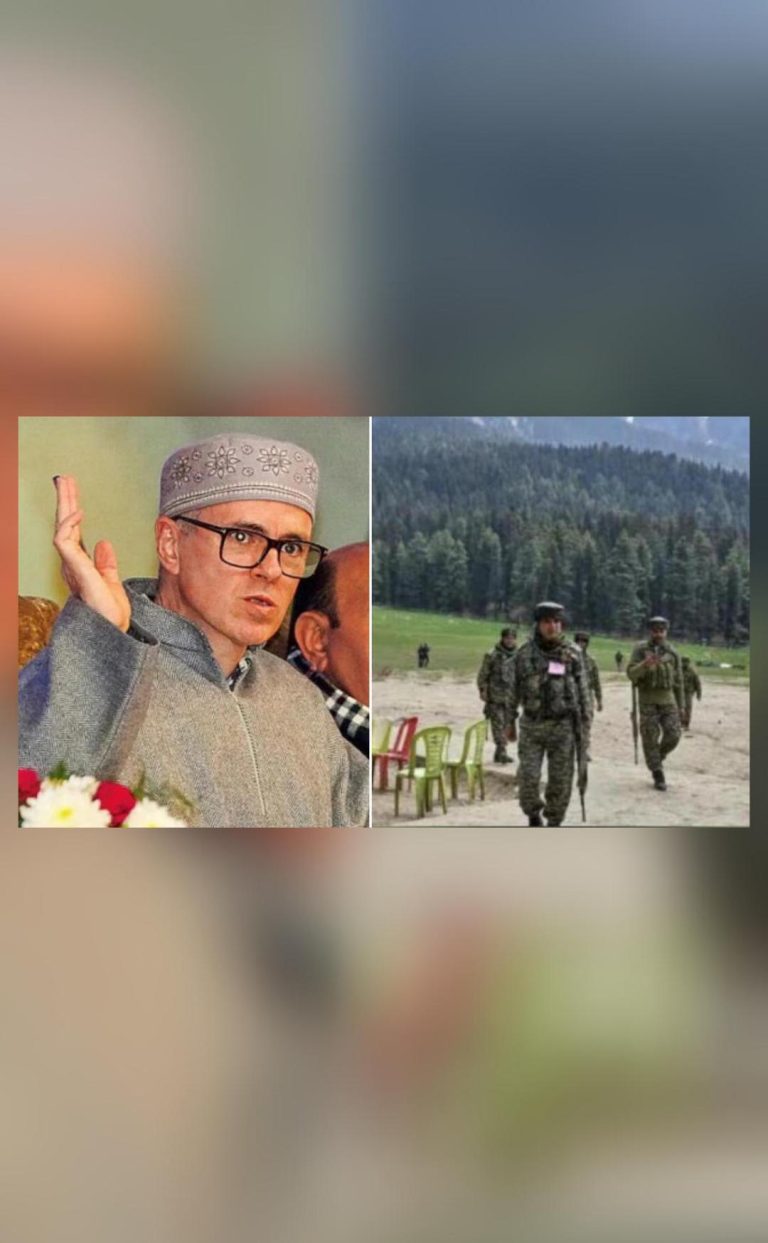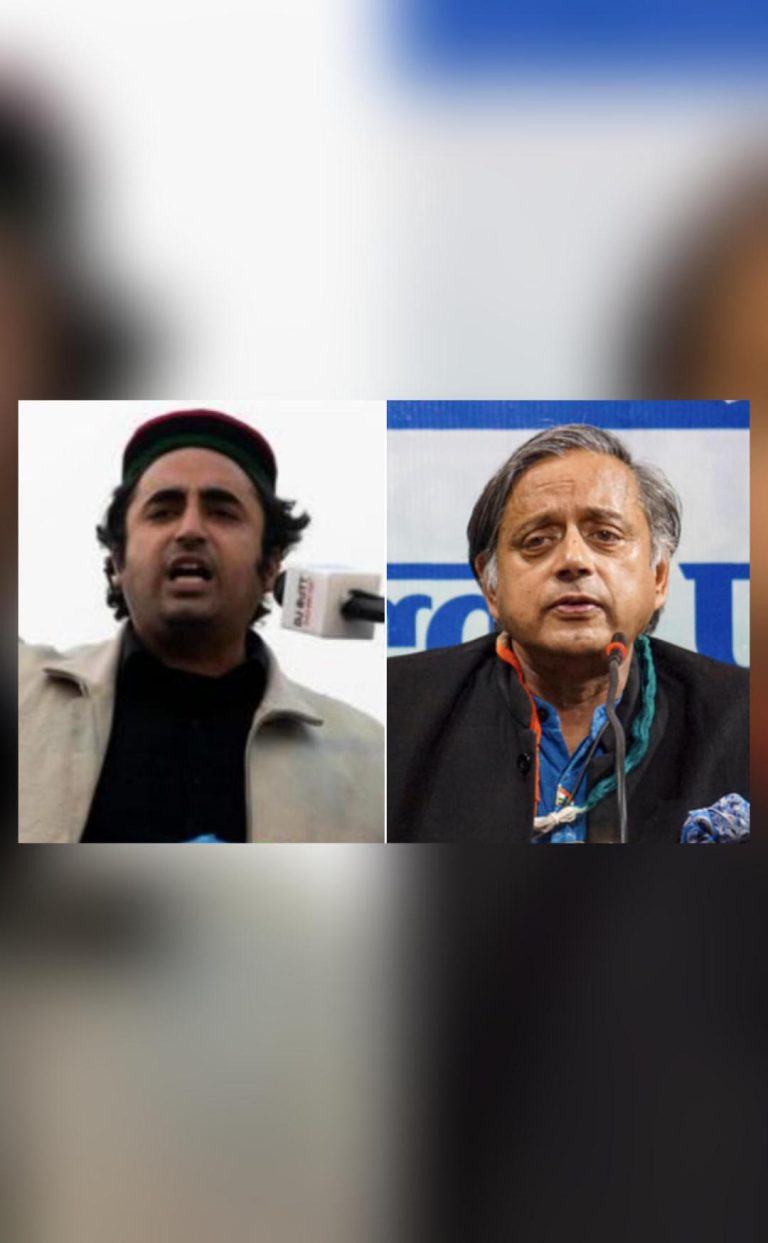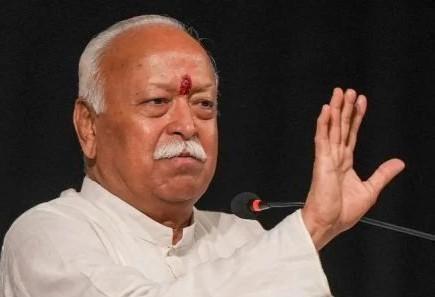
If someone turns to evil then we’ll teach lesson: Bhagwat on J&K attack
In the wake of the recent terror attack in Pahalgam, Jammu and Kashmir, RSS Chief Mohan Bhagwat has made a statement that has sent shockwaves across the nation. While addressing a gathering, Bhagwat emphasized the importance of non-violence as India’s religion, but also hinted at the need to teach a lesson to those who indulge in evil deeds. His comments have sparked a heated debate, with many interpreting them as a veiled threat to those who resort to violence.
Bhagwat’s remarks came at a time when the nation is still reeling from the devastating attack in Pahalgam, which left several innocent lives lost. The RSS Chief’s statement has raised questions about the party’s stance on violence and its approach to dealing with terrorism.
In his address, Bhagwat emphasized that non-violence is an integral part of Indian culture and that it is a fundamental aspect of our society. He stressed that India is a country that has always believed in and promoted non-violence, and that we have always followed a path of peace and harmony. However, he also added that if someone is bent on being evil, then what is the cure? He went on to say that the king’s duty is to protect his people, and he will do his duty.
Bhagwat’s statement was met with a mixed reaction from the public, with many interpreting it as a call to arms against terrorism. Some saw it as a bold statement that sends a strong message to those who indulge in evil deeds, while others felt that it was a dangerous precedent that could lead to a cycle of violence.
The RSS Chief’s remarks have also sparked a debate about the need for a balanced approach to dealing with terrorism. While some argue that violence can be an effective tool in combating terrorism, others believe that it only leads to more suffering and that a non-violent approach is the only way to achieve lasting peace.
The Pahalgam attack has once again highlighted the need for a robust and effective counter-terrorism strategy. The government has been working tirelessly to tackle the menace of terrorism, and Bhagwat’s statement has added to the growing chorus of voices calling for a strong response to these attacks.
It is essential to note that Bhagwat’s statement was not a call to arms, but rather a reminder of the king’s duty to protect his people. He emphasized that India is a country that believes in non-violence, but also recognizes that evil exists and needs to be addressed. His remarks were a call to action, urging the government to take a strong stance against terrorism and to protect the nation’s citizens.
In conclusion, Bhagwat’s statement on the J&K attack has sparked a heated debate about the need for a balanced approach to dealing with terrorism. While some have criticized his remarks as a call to arms, others see them as a bold statement that sends a strong message to those who indulge in evil deeds. Ultimately, it is essential to recognize that non-violence is India’s religion, but so is teaching a lesson to oppressors and hooligans.
News Source:
https://youtu.be/SpAKVWl5wII
